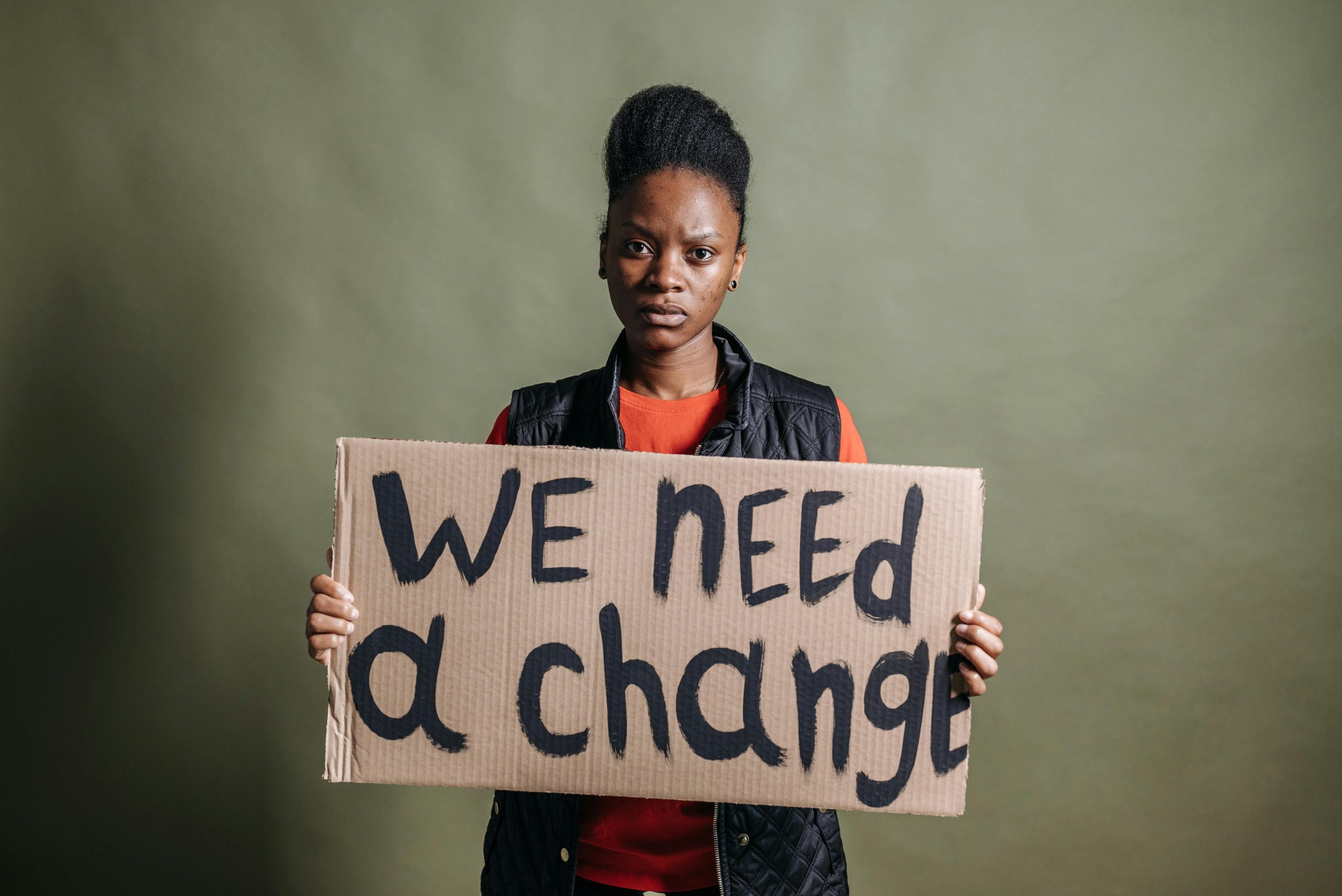Digital Identification: A Unifying Force for Society – The Call to Say No
In today’s interconnected world, personal identification documents such as passports, driver’s licenses, national insurance numbers, and other forms of identification are integral to our daily lives. These tools facilitate travel, employment, financial transactions, and access to a variety of services. However, with technological advancements and increasing digitization, the concept of digital identification is emerging as a significant development that warrants careful consideration.
Historically, identification systems have often been used as mechanisms of control and division, creating barriers or fostering mistrust among different groups. Yet, recent discussions suggest that the introduction of comprehensive digital IDs might serve a different purpose altogether—potentially uniting various segments of society with a common goal: safeguarding our rights and privacy.
It is crucial for all of us—regardless of political affiliation or personal beliefs—to recognize that the pursuit of a digital ID system can become a rallying point for collective action. Instead of allowing these initiatives to divide us, it is more productive to see them as an opportunity to stand together and voice our concerns.
The core issue is control. Who holds the authority over our personal information? How can we ensure that technological progress does not compromise our privacy or civil liberties? These questions underscore the importance of a unified stance against potential overreach.
As members of a global society, we must be vigilant and proactive. Saying “No” to intrusive or overly centralized digital identification systems is not about opposition for its own sake but about protecting the freedoms and rights that underpin a free and fair society.
In conclusion, while identification documents are a necessary part of modern life, the advent of digital IDs presents both challenges and opportunities. By coming together—across political divides—we can advocate for systems that respect our privacy, ensure transparency, and empower individuals rather than diminish their autonomy. Let us recognize this moment as a call to unite and actively participate in shaping a future that upholds our fundamental rights.
